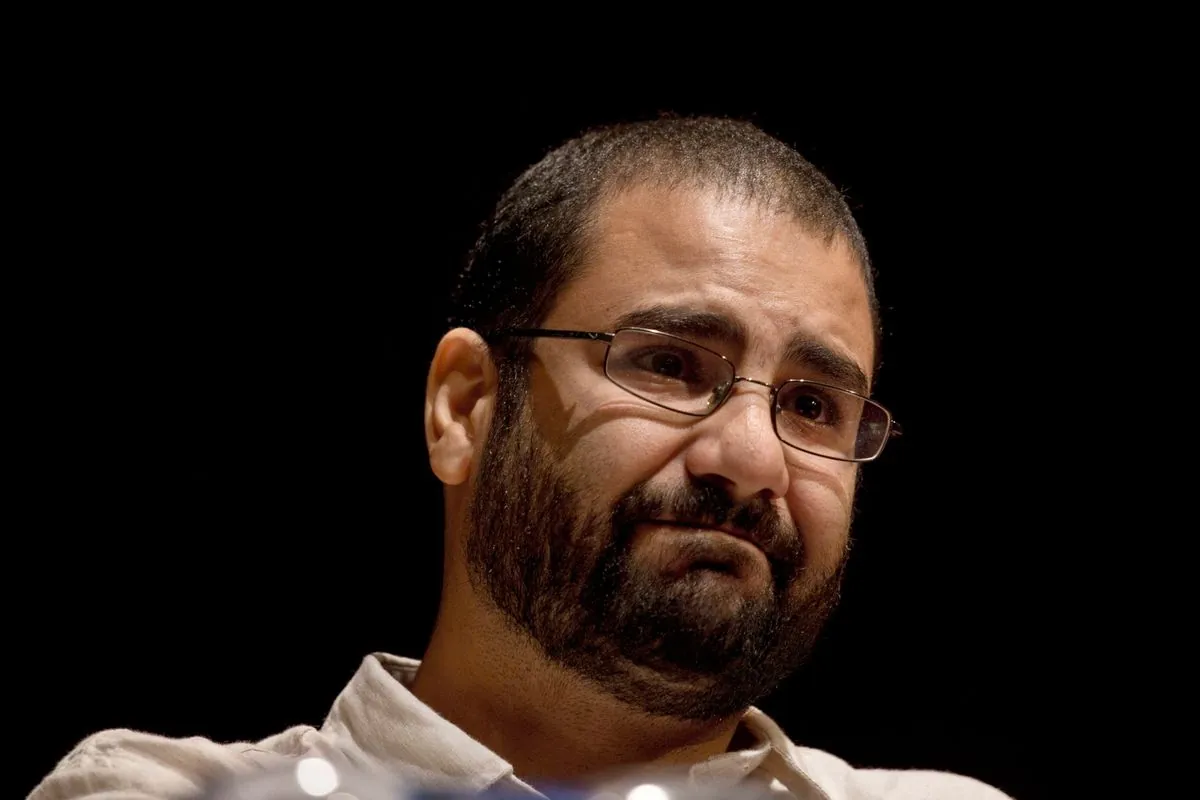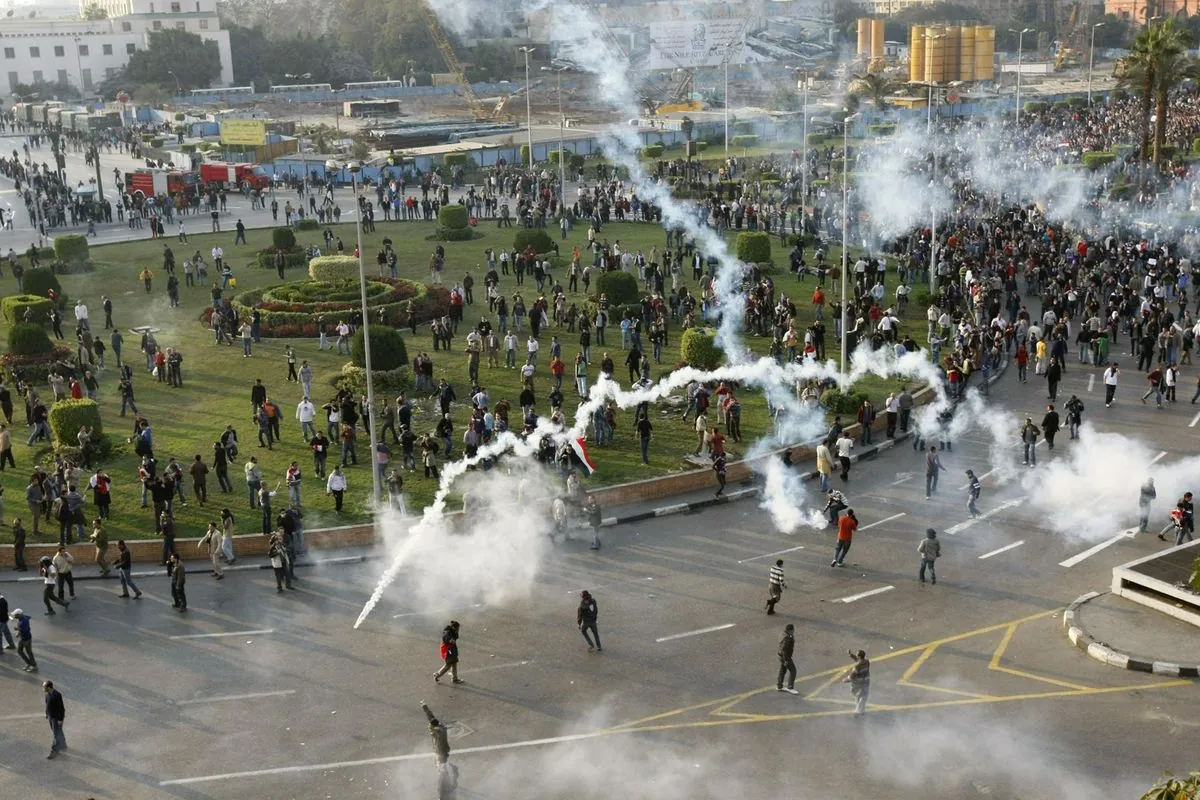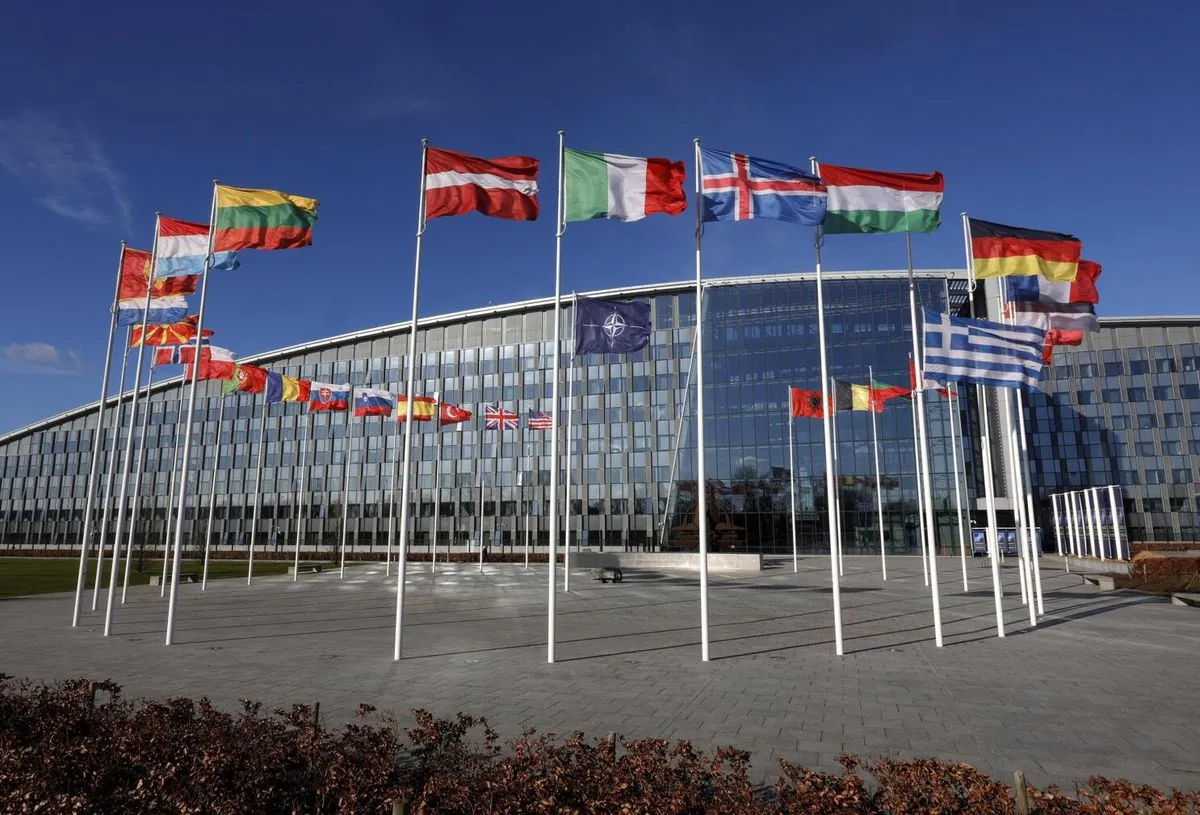Egyptian Activist's Mother Launches Hunger Strike for Son's Release
Laila Soueif begins hunger strike to demand release of her son, prominent Egyptian activist Alaa Abdel-Fattah, who remains detained despite completing his sentence. Case highlights ongoing human rights concerns in Egypt.

In a bold move to secure her son's freedom, Laila Soueif, mother of Alaa Abdel-Fattah, has initiated a hunger strike. This action comes as the prominent Egyptian activist remains incarcerated despite having completed his five-year sentence on September 29, 2024.
Abdel-Fattah, now 42, rose to prominence during the 2011 pro-democracy uprisings that swept across the Middle East and North Africa, known as the Arab Spring. These protests led to the ousting of long-time Egyptian President Hosni Mubarak, who had ruled the country for nearly three decades. The revolution marked a significant moment in Egypt's history, with Tahrir Square in Cairo becoming a symbol of the people's struggle for democracy.
The activist's continued detention has become emblematic of Egypt's regression towards autocratic rule under President Abdel-Fattah el-Sissi. El-Sissi came to power in 2013 following a military coup that overthrew Mohamed Morsi, Egypt's first democratically elected president. Since then, the government has implemented a series of measures that have significantly curtailed civil liberties and political freedoms.
Abdel-Fattah's legal troubles began in 2014 when he was first sentenced for participating in an unauthorized protest. After his release in 2019, he was rearrested later that year amid a crackdown following rare anti-government demonstrations. In late 2021, he received another five-year sentence for allegedly spreading false news.
The activist's family argues that his pre-trial detention should count towards his current sentence, as per Egypt's penal code. Soueif stated, "Once again the Egyptian authorities have violated their own laws to persecute my son. At this stage, I consider this a kidnapping as well as unlawful detention."

Abdel-Fattah faces additional charges, including misuse of social media and alleged membership in the Muslim Brotherhood, an Islamist organization banned and declared a terrorist group by the Egyptian government in 2013. The Muslim Brotherhood, founded in 1928, is one of the oldest Islamist organizations globally and has played a significant role in Egypt's political landscape.
The case has drawn international attention, with 59 Egyptian and international rights groups expressing concern over Abdel-Fattah's continued detention. The activist, who obtained UK citizenship in 2022, may not be released until 2027, according to these organizations.
Abdel-Fattah's family has been campaigning tirelessly for his release, calling on the UK government to intervene. In 2022, he intensified his protest by conducting a hunger strike during the UN climate conference COP27 in Sharm el-Sheikh, a popular Egyptian resort town on the Red Sea. This action highlighted the plight of political prisoners in Egypt and drew attention to the country's human rights record.
The ongoing detention of Abdel-Fattah underscores the broader issue of political repression in Egypt. Since 2013, el-Sissi's government has implemented a severe crackdown on dissent, effectively banning protests, monitoring social media, and incarcerating thousands of activists and critics. Human Rights Watch estimated in 2019 that as many as 60,000 political prisoners were held in Egyptian prisons.
Egypt's strategic location at the crossroads of Africa, Asia, and Europe has made it a geopolitically significant country throughout history. However, its current political climate poses challenges to its international relations and economic stability. The country's economy, heavily reliant on tourism and revenue from the Suez Canal, has been affected by political instability and security concerns.
As Abdel-Fattah's case continues to draw international scrutiny, it serves as a stark reminder of the ongoing struggle for human rights and political freedom in Egypt, a country with a rich history of political activism dating back to the 1919 revolution against British occupation.
"Once again the Egyptian authorities have violated their own laws to persecute my son. At this stage, I consider this a kidnapping as well as unlawful detention."


































